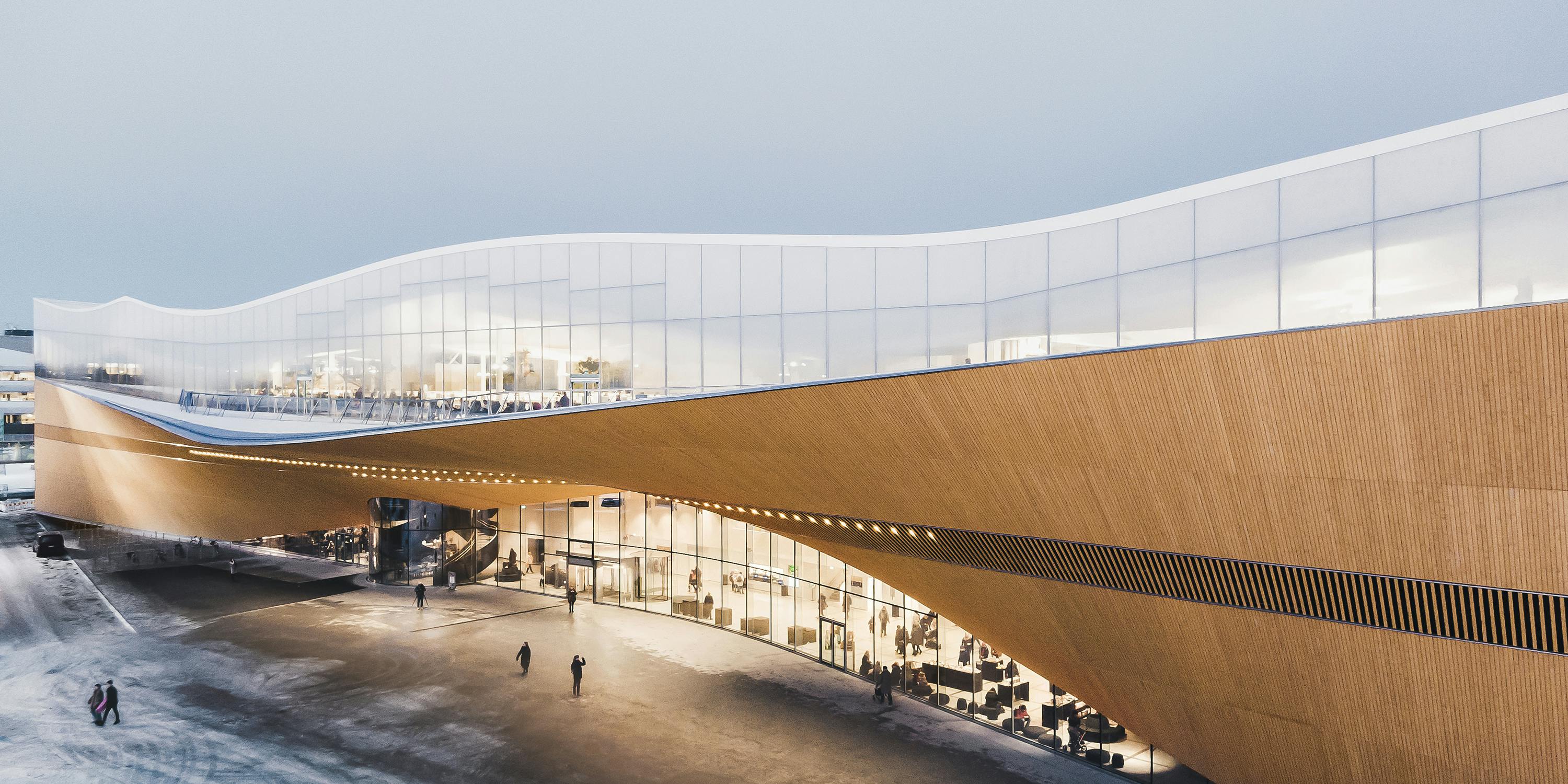
"Accessibility Without Borders" call for applications online
Study visits to Finland and Portugal: call for applications open for the selection of 40 participants
A new training opportunity enriches the Personeper offer. Accessibility in cultural places, the national training, research and dissemination plan that helps improve accessibility and inclusion of spaces, content and services in cultural venues.
Accessibility Without Borders offers the opportunity to 40 professionals – to be selected through a public call – to participate in a study trip to Finland or Portugal to explore the strategies, methods and tools implemented by the institutions of the two countries for cultural accessibility.
Finland, with its advanced social policies, is a model for the universal design of cultural spaces and the integration of diverse audiences; Portugal stands out for its ability to combine tradition and innovation in accessibility processes. In both countries, there is a widespread and consolidated network of associations, institutes and cultural bodies operating systemically to promote accessibility in cultural places. Direct comparison with these contexts means acquiring new tools to make museums, archives and libraries more inclusive and responsive to the needs of increasingly diverse communities and audiences.
Two alternative study visits are offered in the call, each for a maximum of 20 participants, and scheduled as follows:
• from March 9 to 12, 2026 in Lisbon (Portugal);
• from April 14 to 17, 2026 in Helsinki (Finland).
Lessons, lectures and workshop activities will be useful both for acquiring specific skills and for creating international collaboration networks.
The call in brief
Applications are open to those who professionally work in or for public and private cultural institutions and venues and are currently engaged in documentable projects in the field of physical, cultural and sensory accessibility.
Candidates must also
- have obtained a master’s degree or equivalent qualification
- possess an adequate level of English proficiency (at least B2)
- have at least 3 years of prior and documentable work experience, conducted in Italy or abroad, consistent with the objectives of the call
A specially appointed commission evaluates applications and, following an in-depth interview and verification of English language proficiency, selects up to 40 candidates.
The program in brief
The training activities program includes:
- a preliminary online training which includes participation in the introductory course Cultural Accessibility: Principles and Practices (duration: 5 hours), available online on the platform fad.fondazionescuolapatrimonio.it
- the study trip
- a final online meeting for feedback and evaluation.
Participation in the program is free of charge.
Participants receive a gross lump sum contribution of €700.00 for food, travel and accommodation expenses.
The Personeper training model. Accessibility in cultural places
The training of Personeper. Accessibility in cultural places is designed to be widespread both territorially and for the variety of cultural venues and professional roles reached.
While with the widespread training of Binario accessibilità, thanks to collaboration with local cultural organizations, we respond to specific educational needs of territories in their current context, with Oltre le barriere, it is precisely the staff of a museum, archive, library or archaeological park that helps identify an approach and method for studying visible and invisible barriers shareable at a national level.
Relying on a cascading empowerment effect, with the awareness that to make our cultural institutions truly accessible, a strategic approach must start from those responsible for them, Missione accessibilità targets training at 250 directors of cultural places and builds on the idea of accessibility as the very mission of the cultural venue; simultaneously, Cantieri offers heterogeneous groups of operators identified on a territorial basis the opportunity for direct engagement with cultural organizations involved in virtuous operations of rethinking their accessibility systemically.
Also with Accessibility Without Borders, the individual cultural professional acquires, simultaneously from the comparison with geographically distant realities and the dialogue with other Italian colleagues, alternative perspectives, new skills and new tools that can then be passed on and applied upon returning to their organizations.